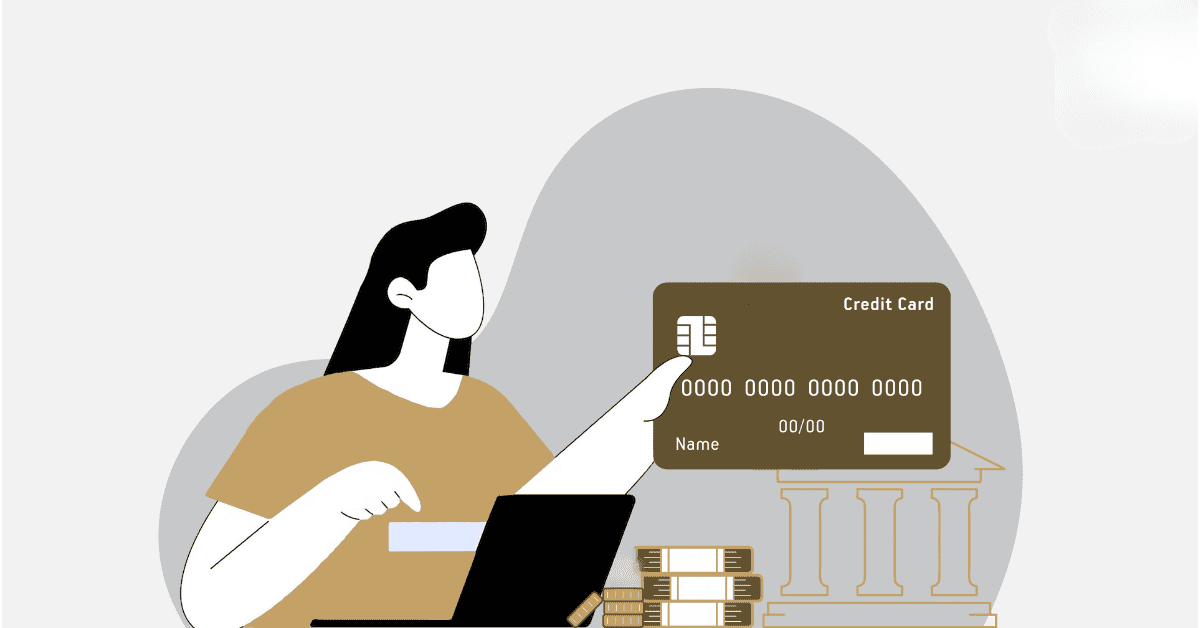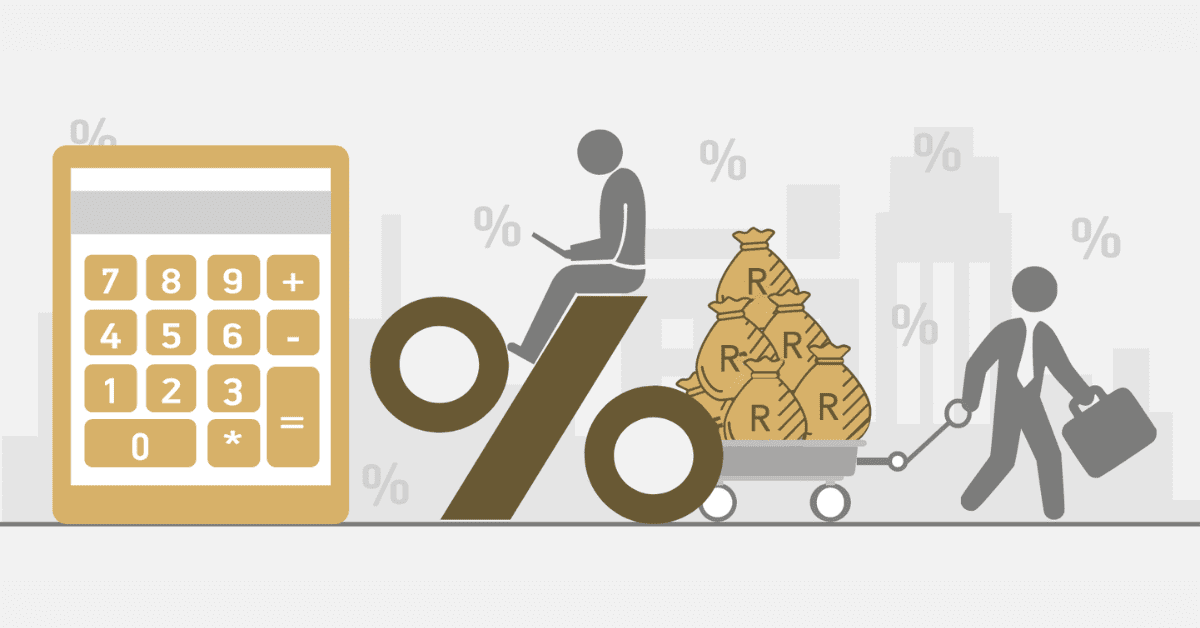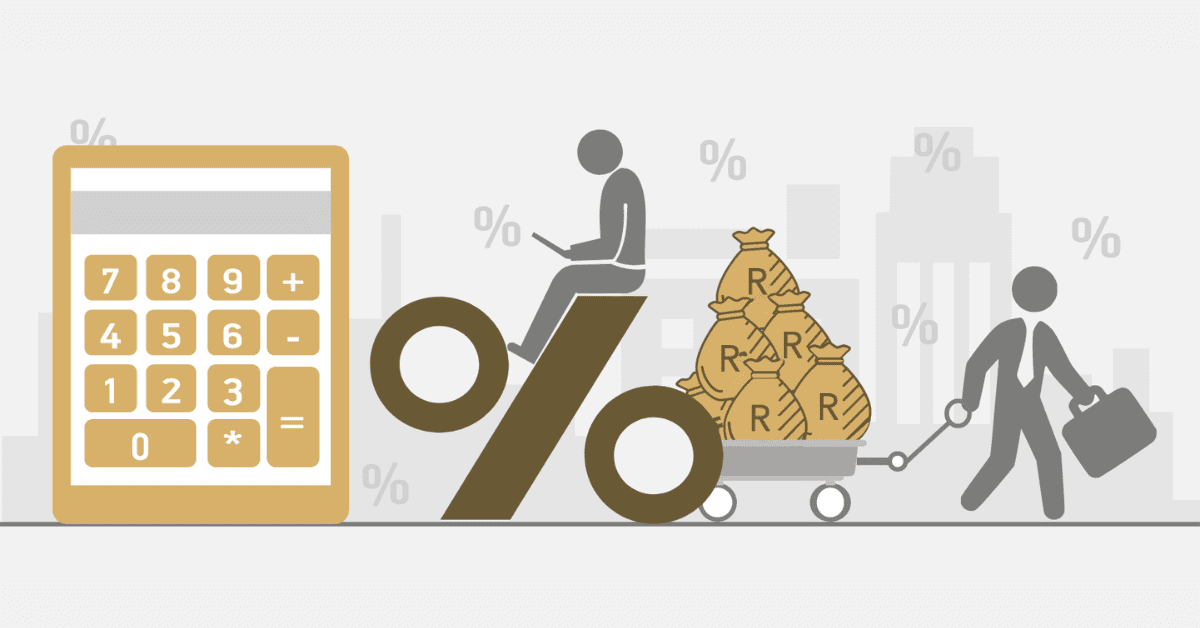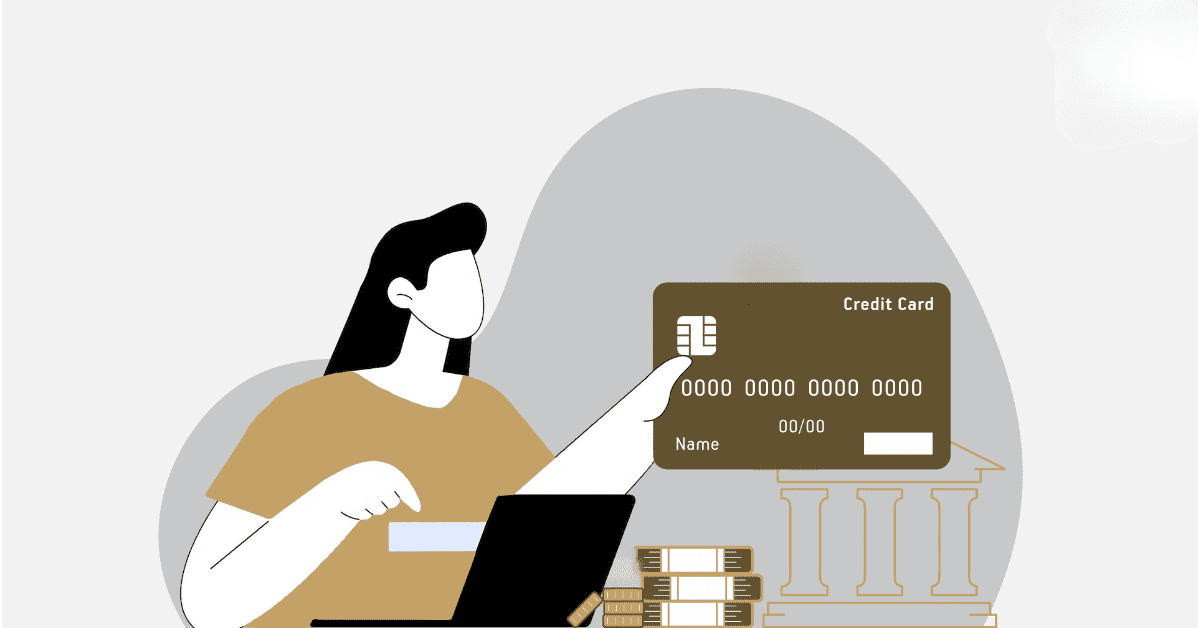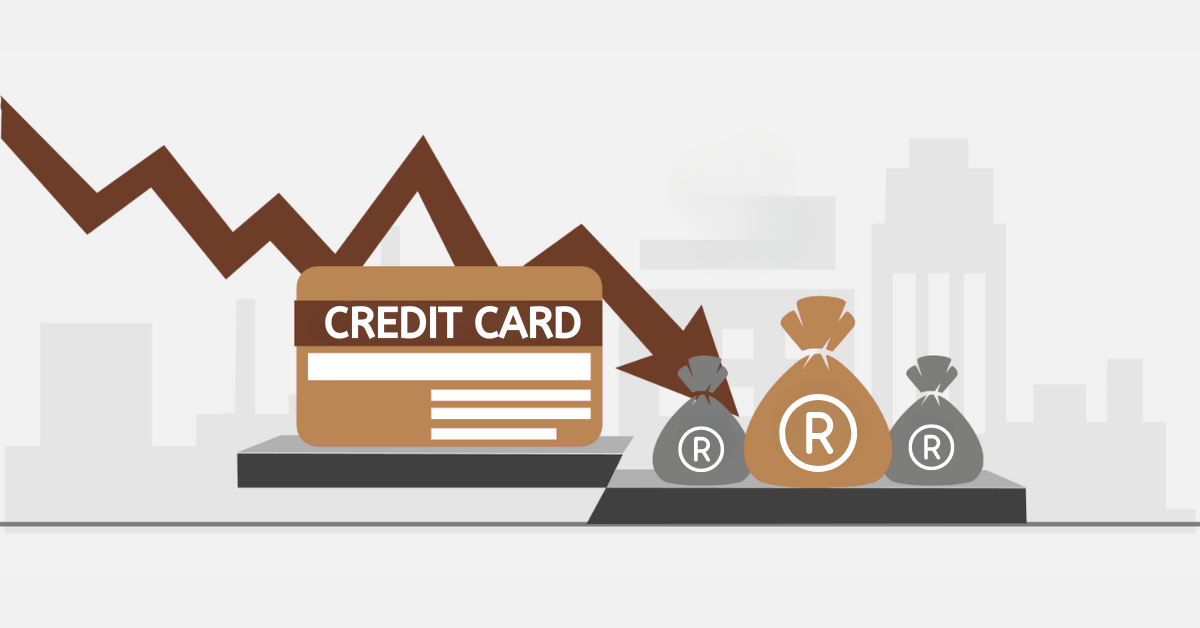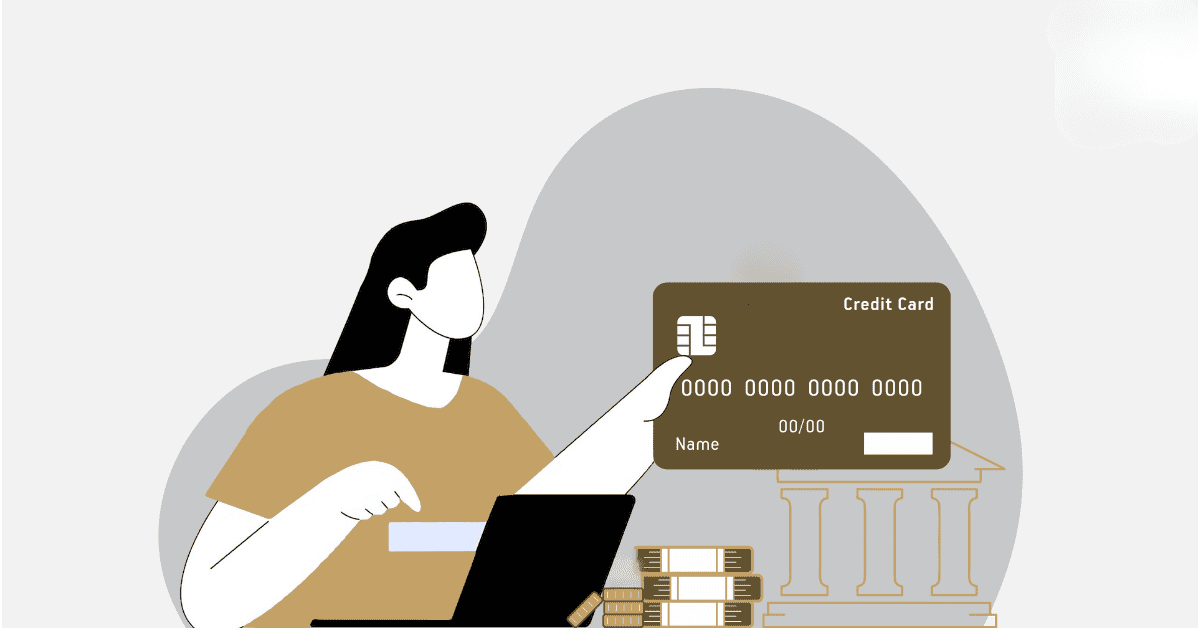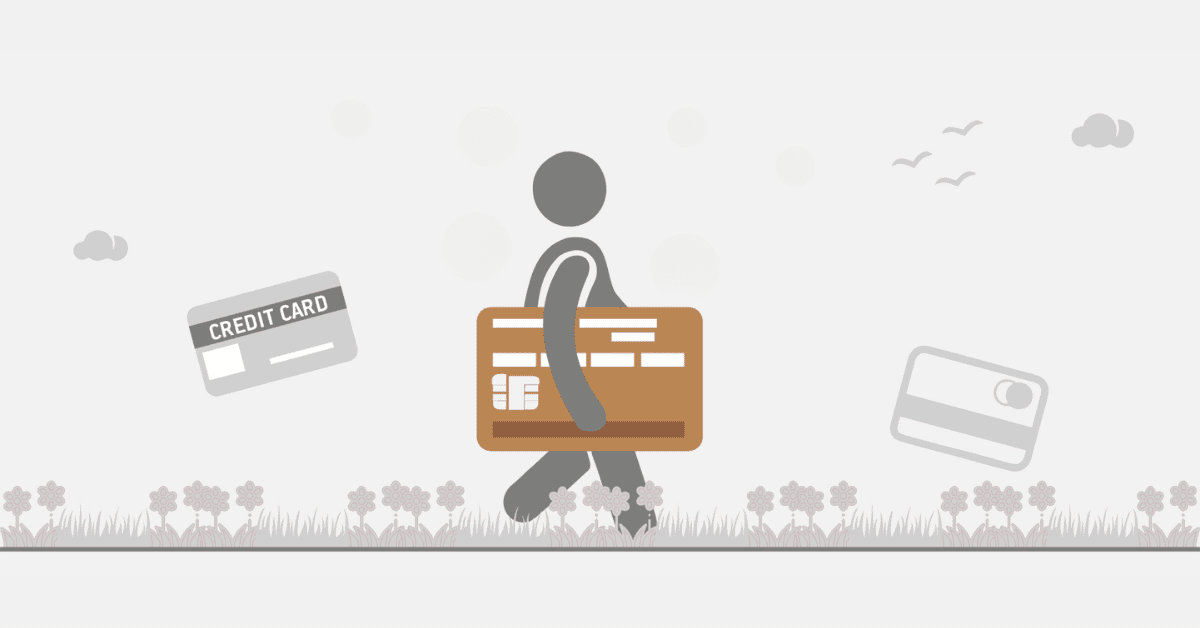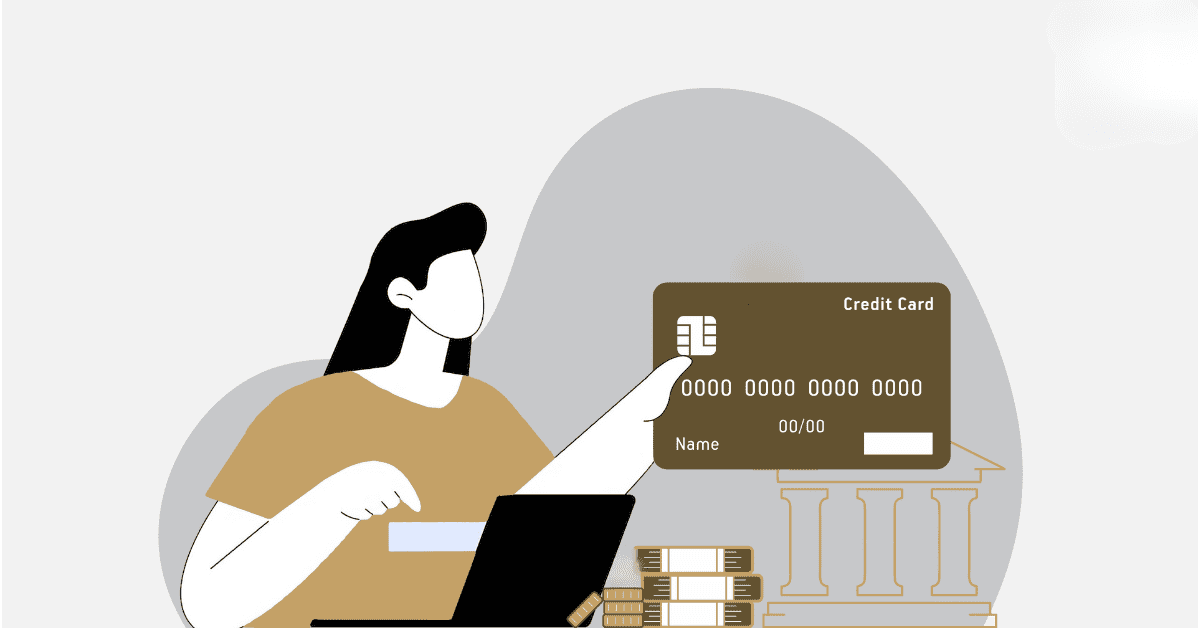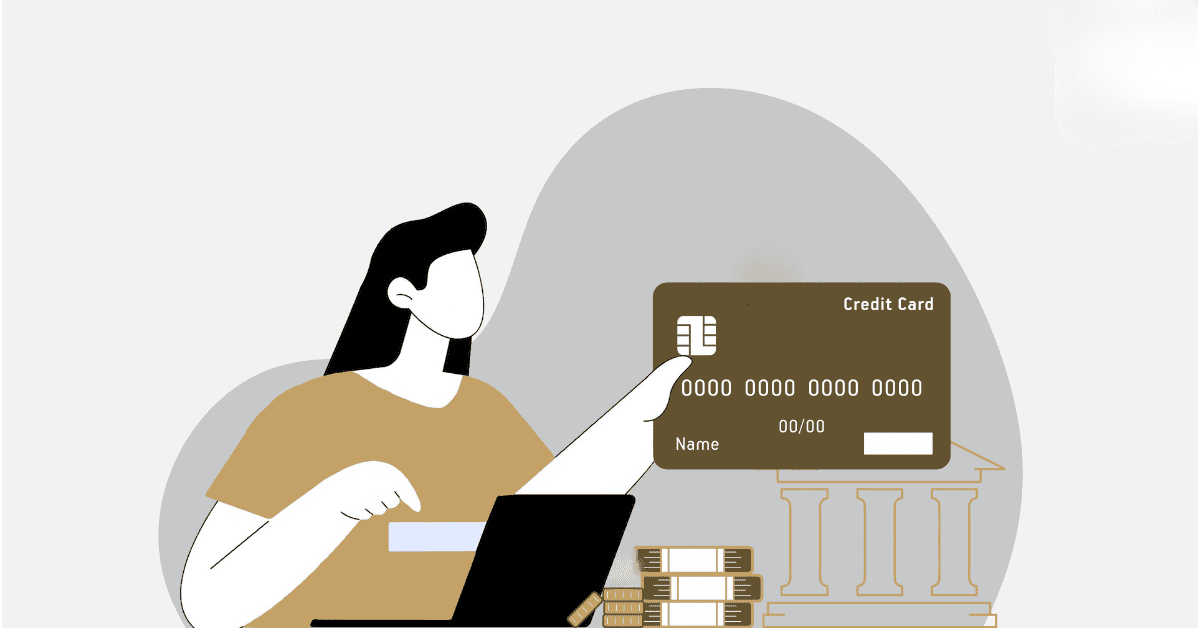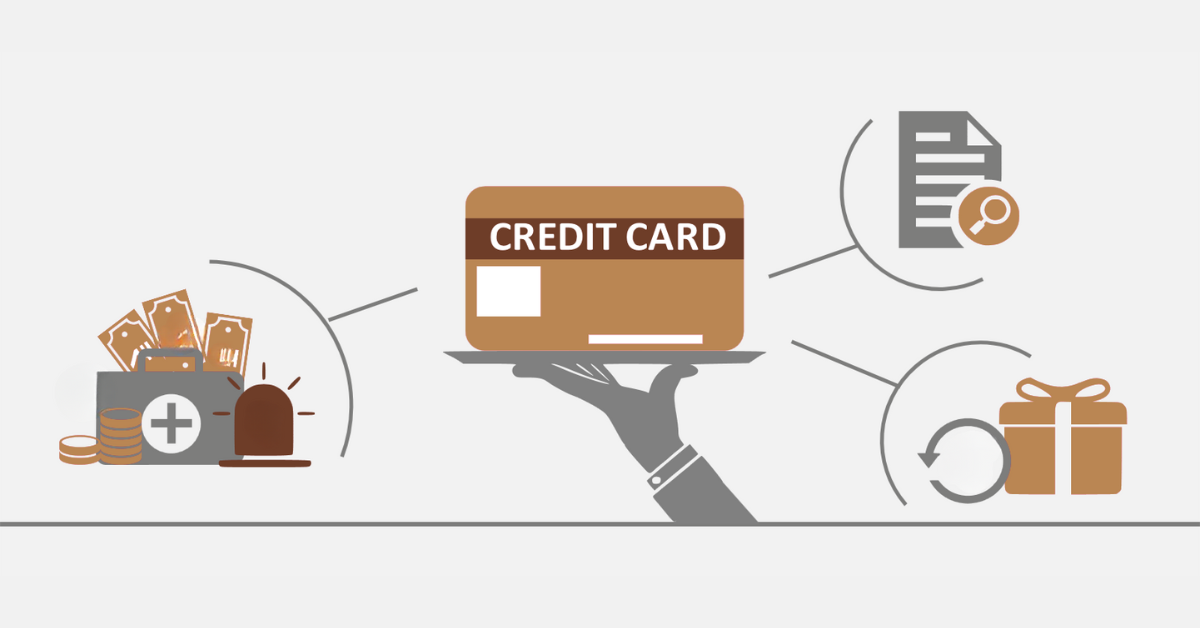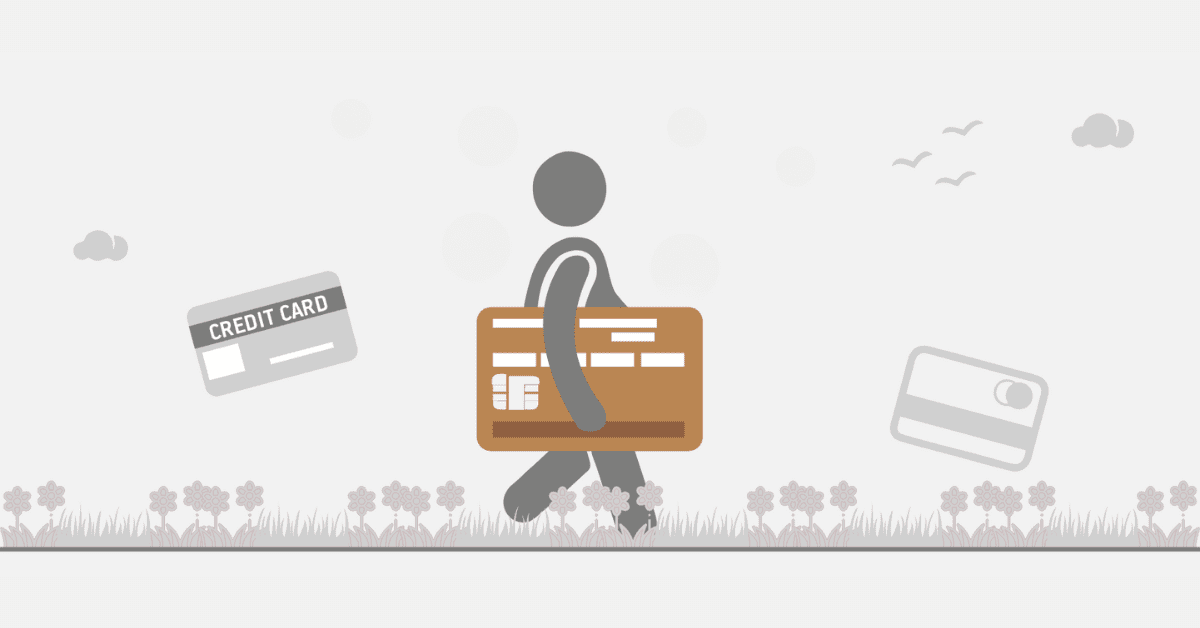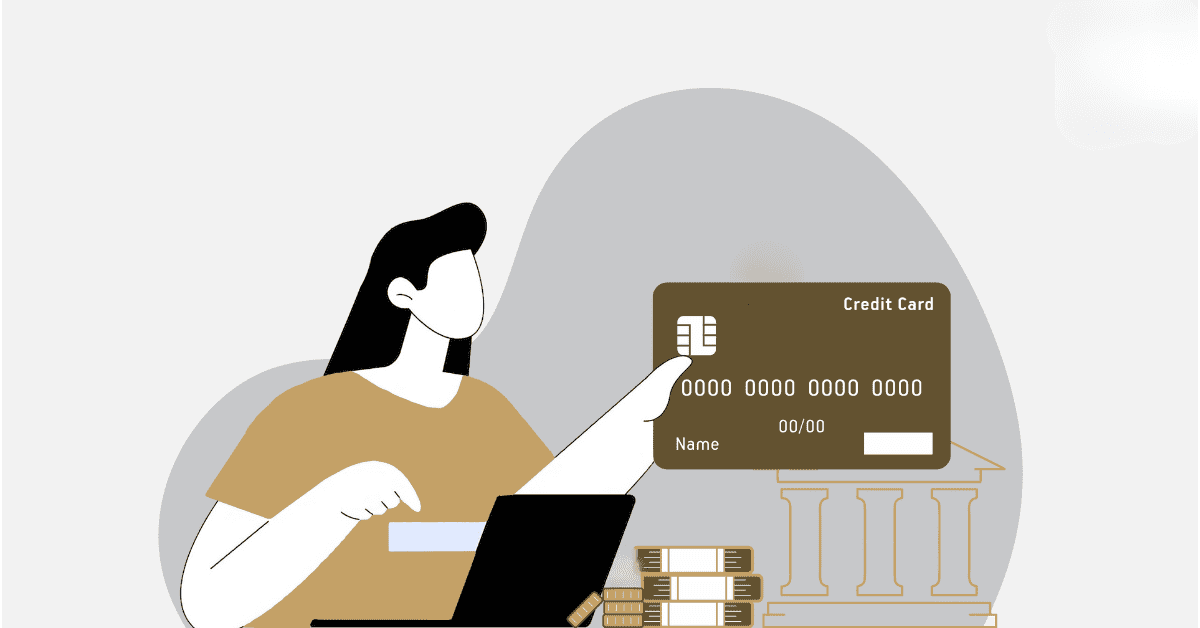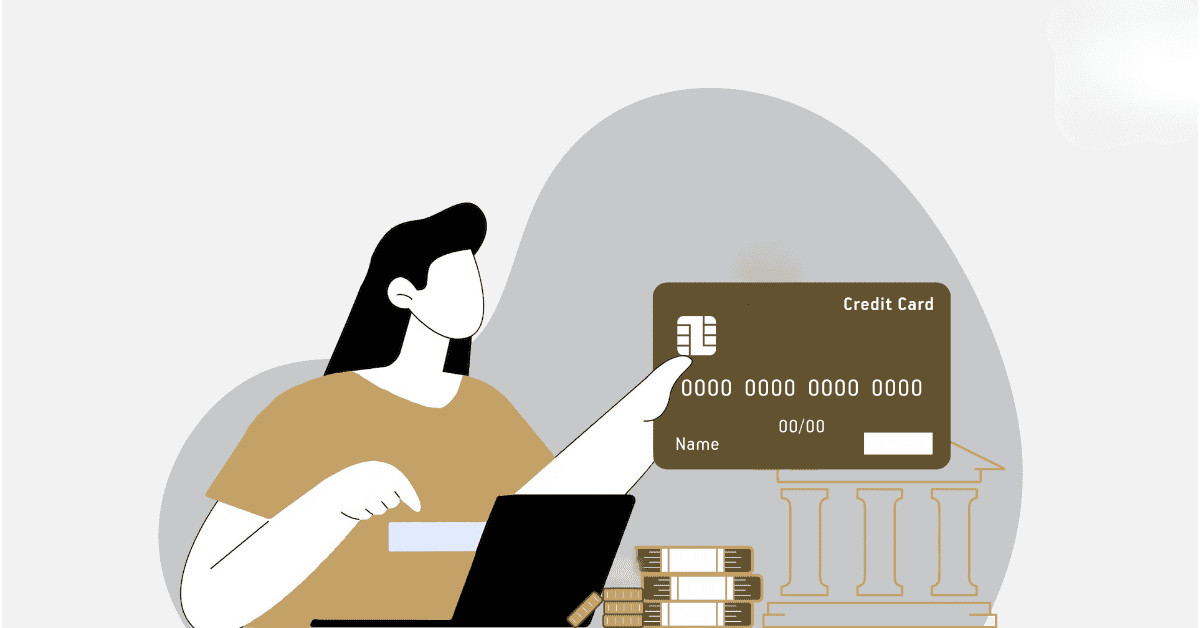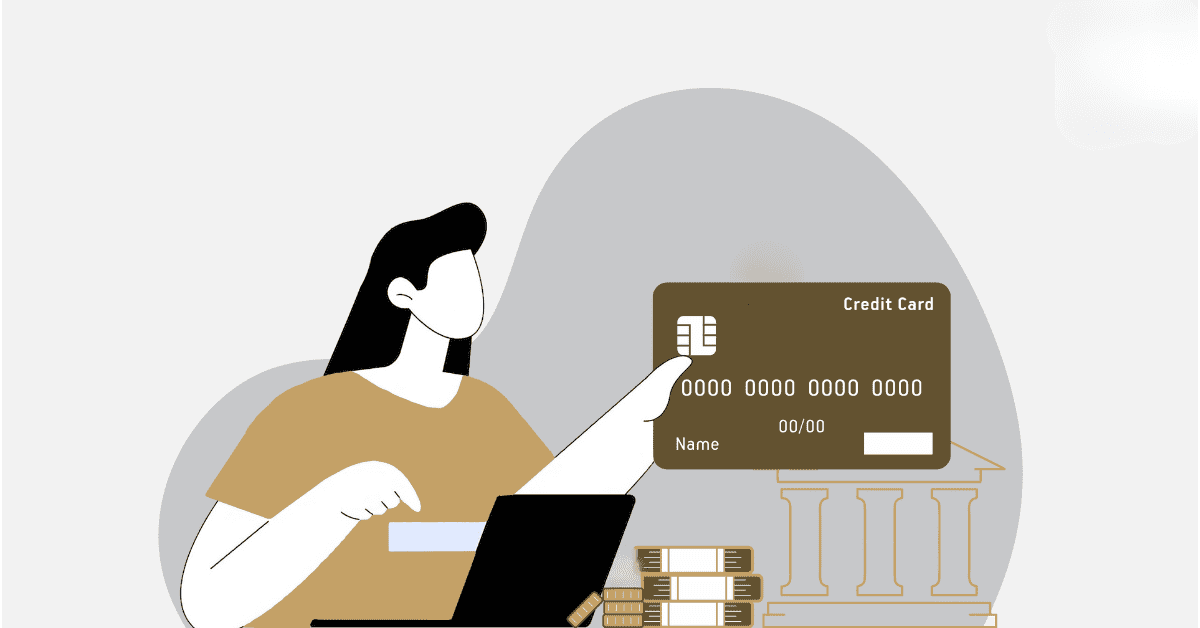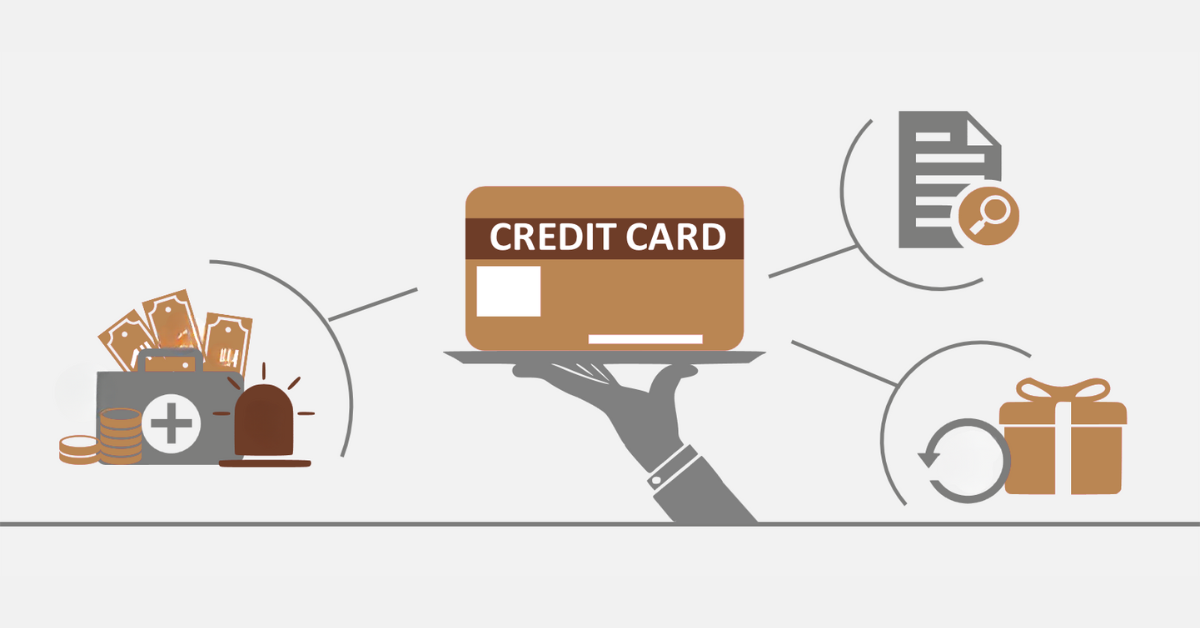As ugly as it may be to think about, there are many bad people and scammers in the world. Offering an unprecedented level of anonymity, the so-called ‘Deep Web’ is the breeding ground for many modern scams, including credit card fraud and many worse criminal activities. Understanding how these scams work is the first step for individuals to protect themselves from falling victim to them. Today we will look at the basics of Deep Web credit card scams, how to identify them, and how to reduce your risk of being caught by a criminal looking to mine your credit for themselves.
How do people scam credit cards on the Deep Web?
As the deep web is a notorious hive of criminal activity, the credit card scams originating from the dark web are often much more sophisticated than those we see in day-to-day life. They typically revolve around exploiting the security vulnerabilities in online transactions and banking systems. Most financial institutions in South Africa have highly sophisticated protections in place, yet they can still fall victim to data breaches and coordinated attacks originating from the deep web.
One of the most common scams seen on the dark web around credit cards is the sale of illicit and stolen credit card information on underground marketplaces. This data may leak out through those data breaches and coordinated attacks, which you can do little about. However, it is much more commonly ‘scalped’ from malware infections on personal devices, insecure shopping accounts with your credit card information stored, and other weaker incursion points. This valuable financial information is then sold on to other criminals, who use it for identity theft and fraud. This is why strong passwords are essential, and why you may not want to store your card information on sites, even if it is convenient.
The Deep Web is also the most common origin point for phishing scams, where you are tricked into revealing sensitive data through often very sophisticated fake details (including logins and websites) emulating legitimate financial institutions. Remember, never open unsolicited links, and if you have any doubt at all, rather contact the institution the email seems to originate from and confirm if it is legitimate. Financial providers will never ask for your PIN or password through an email.
Lastly, you should be aware of ‘carding’ scams. Here, hackers and criminals make small test purchases online to check if a card is still active. They will then hit you with a large transaction, and launder the money through a complex web to avoid detection. Always be vigilant in searching for small transactions of a few rands. These are typically below the R100 limit at which your bank will send you notices, to avoid detection, so get in the habit of checking your credit card statement regularly, too.
Can You Track Who Used Your Credit Card Online?
Tracking down criminals who use your credit card online is difficult, particularly across international borders. However, law enforcement agencies can take some steps to investigate fraudulent transactions, including trying to trace the originating IP address of the crime, although hackers often use VPNs and other technology to mask their steps.
It is highly unlikely that you, as an individual, will be able to track who used your credit card online if they are a professional criminal. You may be able to work out if it was someone in your circle of ‘friends,’ but most of us do not have CSI levels of technological skill! The best thing you can do, instead of trying to enact a personal vendetta, is to report the suspicious activity to your bank/financial institution immediately, in the hopes they can leverage their greater resources and official position to trace the source.
Do Banks Refund Scammed Money?
Whether or not banks will refund scammed money is highly dependent on the circumstances. Most credit card companies will refund a clearly fraudulent transaction once they establish without doubt that you were not involved. For example, if you use your credit card to buy lunch at 1 pm in Joburg, where you work, and 5 minutes later the card is ‘used’ in Hong Kong- and their system allows this clear fraud to go through- you will likely have your money refunded. If money is whisked out of your credit card in the dead of night, or a fake transaction with a false signature is authorized, likewise. It is their systems and security at fault in these cases.
However, it is much more difficult to get your scammed money returned if you voluntarily participated in any part of the scam chain. This could be as simple as letting someone borrow your credit card who then scams you, or handing out your details to a phishing email. In these cases, the primary fault falls on you, not the financial institution, and they may not return the scammed money because of your error. It isn’t their responsibility to fix it, but rather the onus is on you.
What To Do If Someone Knows My CVV Number?
If your CVV number is compromised, the best thing you can do is immediately report this to your issuing bank. Ask for the card to be stopped and replaced, as a new CVV number will come with a replacement card. You would be smart to enact two-factor authentication and upgrade your passwords on accounts using financial data, especially if they are stored on the platform.
Scams are never nice to think about, but understanding how they work, and what you can do to protect yourself, is essential.
